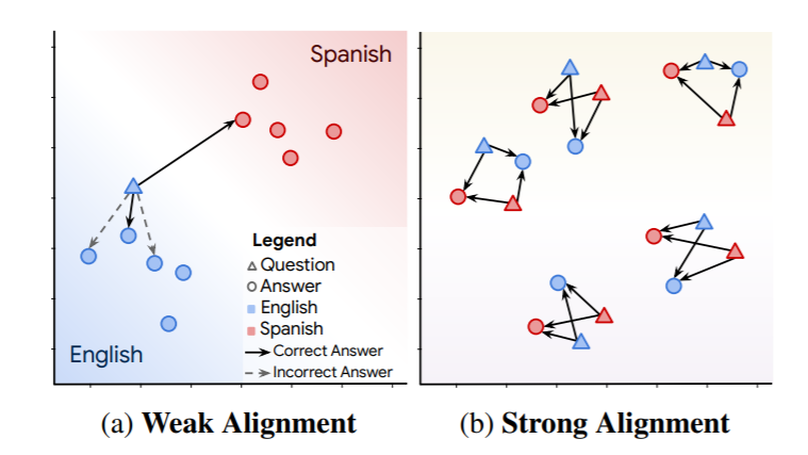Biography
Rami Al-Rfou is a Senior Staff Research Scientist at Waymo Research. He leads a team to build foundational models for motion and driving based on his expertise in large language models.
Previously, Rami was a technical lead for assisted writing applications such as SmartReply at Google Research. His research focused on improving pretraining large language modeling through token-free architectures, synthetic datasets constructed with knowledge-base based generative models, and improved sampling strategies for multilingual datasets. These pretrained language models, trained on +100 languages, are being utilized in query understanding, web page understanding, semantic search, and response ranking in conversations.
Al-Rfou’s research goes beyond language into designing better architecture to understand large-scale data such as graphs. Al-Rfou repurposes language modeling tools to produce novel graph learning algorithms that measure node and graph similarities. These modeling ideas have been deployed for spam detection and personalization application on large scale.
Al-Rfou received his PhD in Computer Science at Stony Brook University under the supervision of Prof. Steven Skiena in 2015. He investigated how to utilize deep learning representations to build truly massive multilingual NLP pipeline that supports +100 languages. Massively multilingual modeling significantly gained momentum in the recent years since then. Al-Rfou’s experience in sequential modeling and crosslingual applications span 10 years of academic and industrial research with applications that touched the lives of millions of users and open sourced code that helped thousands of students.
Experience
Senior Staff Research Scientist
Waymo Research
Responsibilities include:
- Foundational Motion Models TLM
Staff Research Scientist
Google Research
Responsibilities include:
- SmartReply Technical Lead
- Deep Retrieval Research Lead
Research Intern
Microsoft Research
“Investigated new ways to improve semi-supervised learning with word embeddings.”
Research Intern
Google Research
“Developed a language-independent, semi-supervised method for multilingual coreference resolution utilizing word emebddings and finetuned dual-encoder ranking model.”
Software Engineer Intern
“Developed a visualization system for Google’s data centers' internal networks.”
Education
PhD in Natural Language Processing
Stony Brook University
Committee: Yejin Choi, Leman Akoglu, Leon Bottou
BSc. in Computer Engineering
University of Jordan
GPA: 3.79/4.0
Talks
Projects
Featured Publications

LAReQA: Language-agnostic answer retrieval from a multilingual pool
We present LAReQA, a challenging new benchmark for language-agnostic answer retrieval from a multilingual candidate pool. Unlike previous cross-lingual tasks, LAReQA tests for “strong” cross-lingual alignment, requiring semantically related cross-language pairs to be closer in representation space than unrelated same-language pairs. This level of alignment is important for the practical task of cross-lingual information retrieval. Building on multilingual BERT (mBERT), we study different strategies for achieving strong alignment. We find that augmenting training data via machine translation is effective, and improves significantly over using mBERT outof-the-box. Interestingly, model performance on zero-shot variants of our task that only target “weak” alignment is not predictive of performance on LAReQA. This finding underscores our claim that language-agnostic retrieval is a substantively new kind of crosslingual evaluation, and suggests that measuring both weak and strong alignment will be important for improving cross-lingual systems going forward. We release our dataset and evaluation code at https://github.com/google-research-datasets/lareqa
Recent Publications
Patents
Systems and Methods for Determining Graph Similarity
US Patent Application US16/850,570Selective text prediction for electronic messaging
US Patent Application US15/852,916Cooperatively training and/or using separate input and subsequent content neural networks for information retrieval
US Patent Application US15/476,280Cooperatively training and/or using separate input and response neural network models for determining response(s) for electronic communications
US Patent Application US15/476,292Iteratively learning coreference embeddings of noun phrases using feature representations that include distributed word representations of the noun phrases
Issued Oct 02, 2017 US 9514098 B1
Contact
- 631 371 3165
- 701 N Rengstorff Avenue, Apt 19, Mountain View, CA 94043
- Book an appointment
- DM Me


















